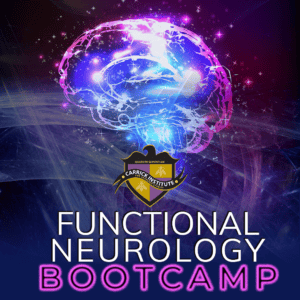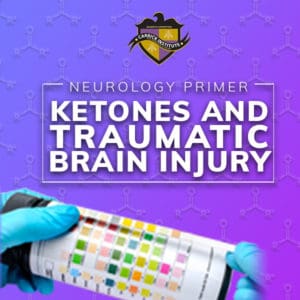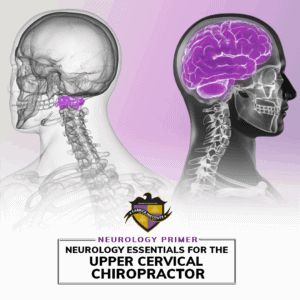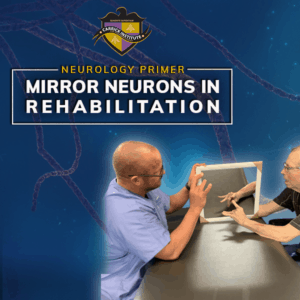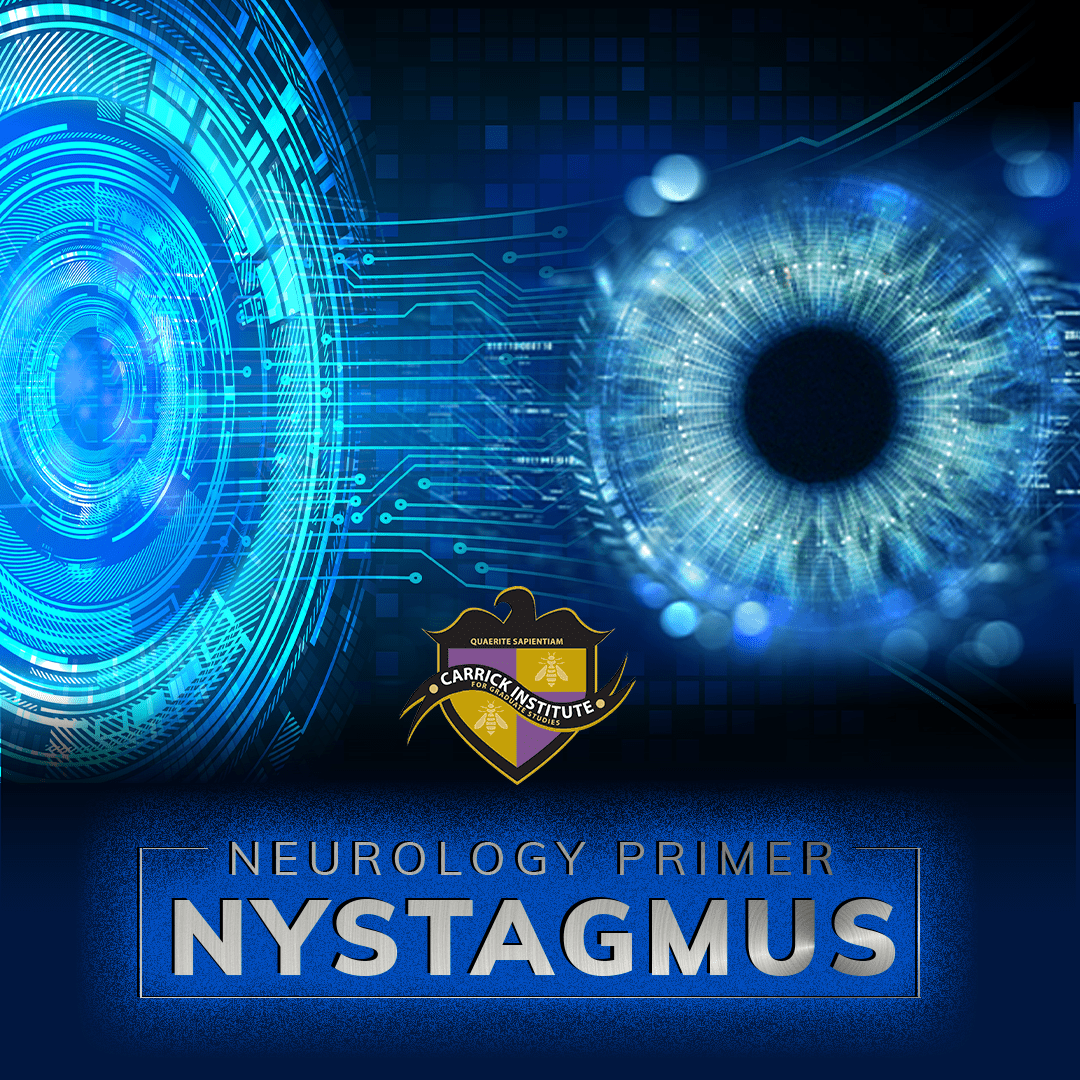
Course Objectives
- Nystagmus
- -Oscillopsia
- -Localizing nystagmus
- -Guidelines for the bedside examination
- -The nystagmus examination
- -Clinical key points
- -Nystagmus with visual dysfunction
- -Nystagmus with intact vision
- -Physiological nystagmus
- -Positional nystagmus
- -Provocative nystagmus testing
- -Congenital nystagmus
- -Infantile nystagmus
- -Latent/Manifest nystasgmus
- -Spasmus nutans syndrome
- -Nystagmus blockage syndrome
- -Acquired nystagmus
- -Acquired nystagmus due to visual loss
- -Vestibular nystagmus
- -Gaze-evoked nystagmus
- -End-point nystagmus
- -Pendular nystagmus
- -See-saw nystagmus
- -Central vestibular nystagmus
- -Downbeat nystagmus
- -Upbeat nystagmus
- -Torsional nystagmus
- -Central positional nystagmus
- -High gain instability nystagmus
- -Vestibular tone imbalance
- -Integrator leak nystagmus
- -Dissociated nystagmus
- -Convergence nystagmus
- -Periodic alternating nystagmus
- -Rebound nystagmus
- -Circular, elliptical and oblique nystagmus
- -Cervical nystagmus
- -Muscle-paretic nystagmus
- -Lid nystagmus
- -Epileptic nystagmus
- -Caloric nystagmus
- -Rotational nystagmus
- -Positional nystagmus
- -Optokinetic nystagmus
- -Drug/toxin-induced nystagmus
- -Nystagmus from acoustic neuroma
- -Nystagmus from Wallenberg syndrome
- -Ocular bobbing/dipping
- -Voluntary nystagmus



